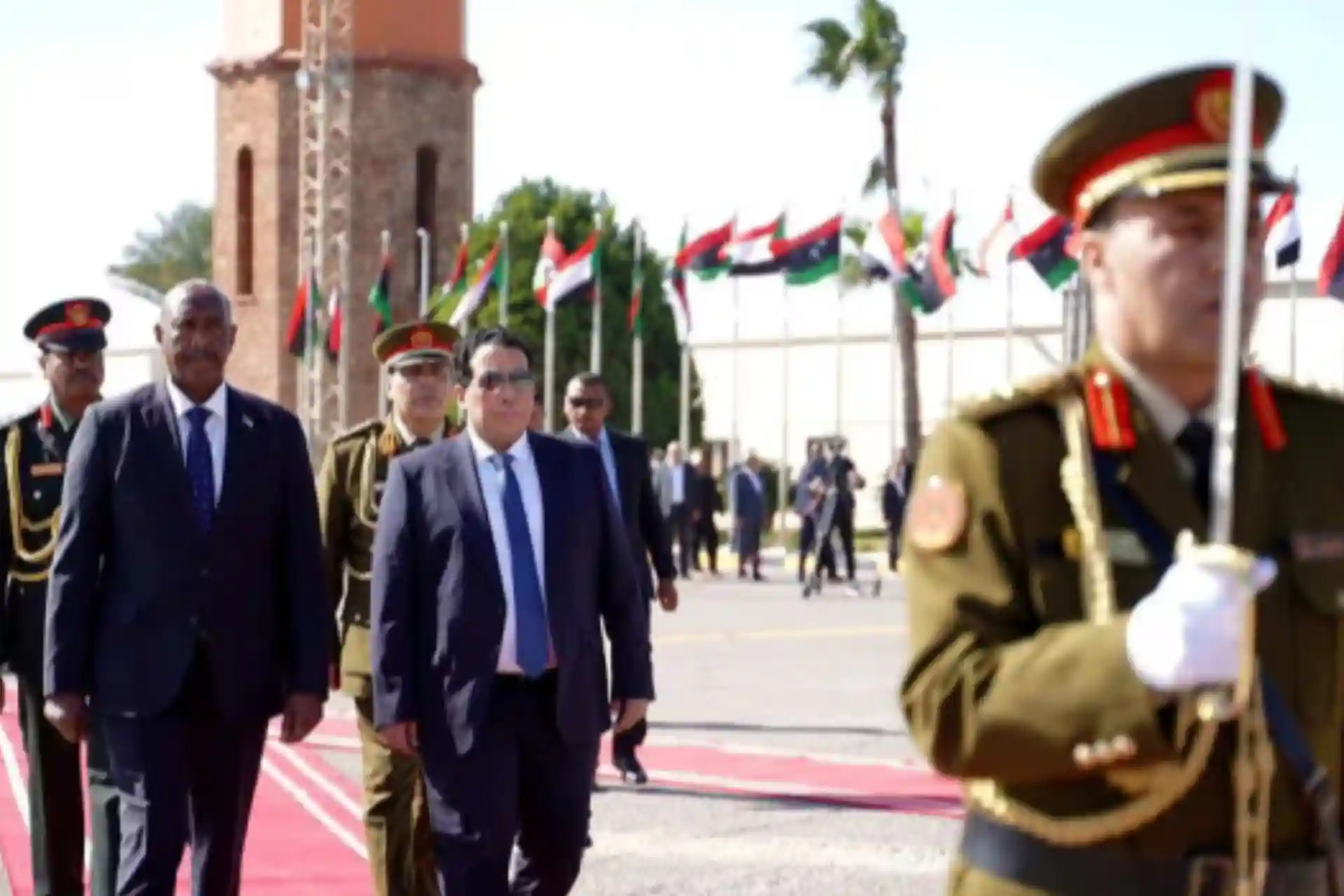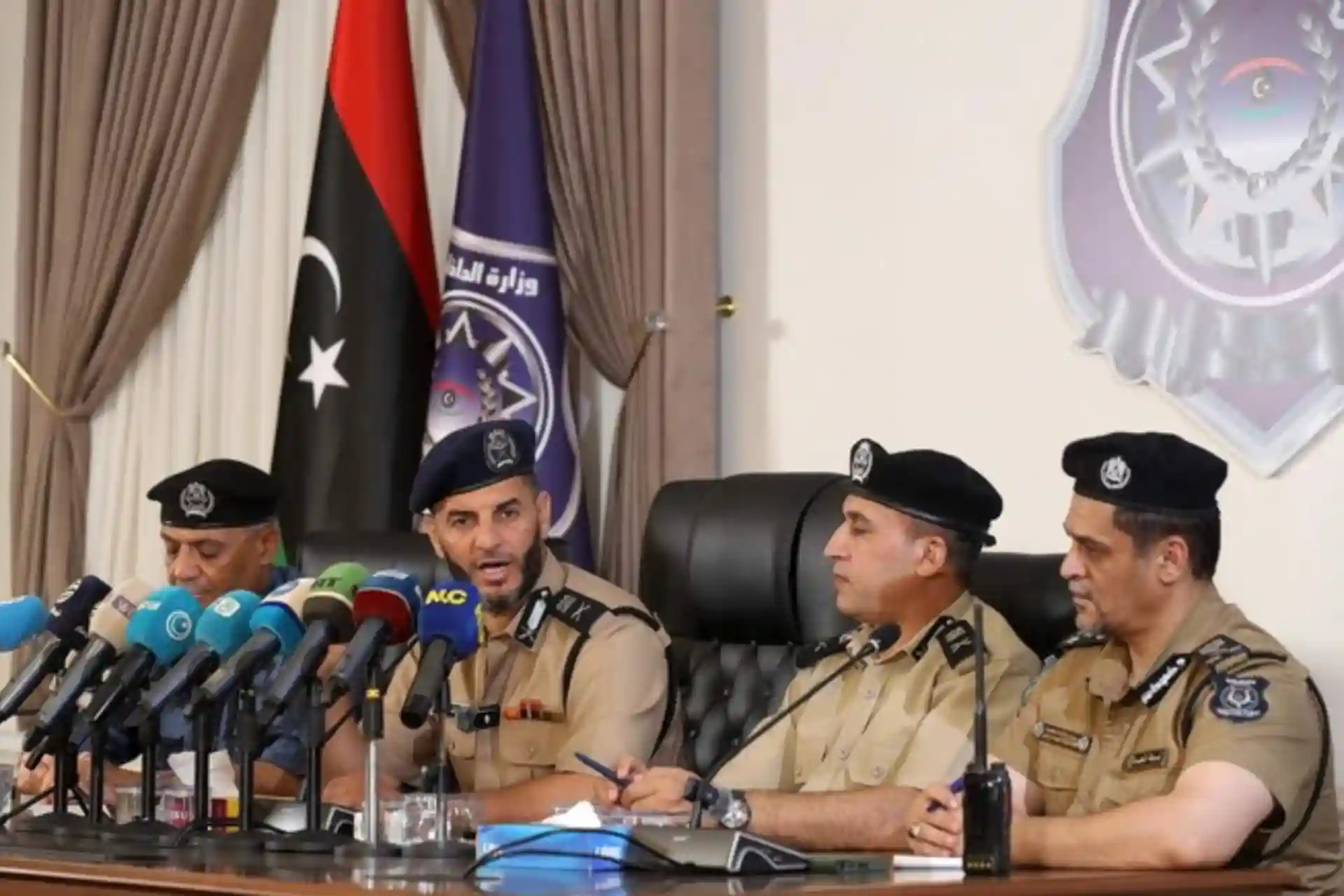Libyan leaders have agreed to form a new coalition government
The three main leaders of Libya, which has not been able to achieve peace since the unrest in 2011, met in the Egyptian capital at the invitation of the Arab League secretary general. In a joint statement, they agreed to establish a technical committee "to consider controversial issues" and form a joint new coalition government.
Libya's three main leaders said Sunday they agreed on the "need" to form a new coalition government to oversee the delayed elections, Yenisafak reported.
The political process to resolve Libya's more than a decade-old conflict has stalled after elections scheduled for December 2021 collapsed due to disputes over the legitimacy of key candidates.
The Chairman of the Presidential Council (PC) in Tripoli, Mohammad Manfi, the head of the Supreme State Council (SDC), Mohammad Takala, and the Speaker of the House of Representatives (VP) in Benghazi, Agila Saleh, in a joint statement called on the UN mission in Libya and the international community to support the proposals and "consider the controversial issues". informed that they agreed to form a technical committee for
The leaders met in Cairo at the invitation of the Secretary General of the Arab League, Ahmed Abul Ghayit . "We believe that the measures agreed today are a very important start. These results correspond to the desire of Libyans to hold elections," Manfi told the press after the meeting.
M anfi came to power in 2021 when the UN-backed Government of National Unity ( GNA ) was formed under Prime Minister Abdulhamid al-Dabaiba, but the country's parliament did not recognize its legitimacy.
International diplomacy aimed at resolving the conflict in Libya is currently focusing on the holding of parliamentary and presidential elections to replace the currently functioning interim political institutions, including the Presidential Council, the Supreme Council of State and the House of Representatives.
Libya has not been at peace since the 2011 NATO-backed uprising that ended with the death of former leader Muammar Gaddafi. The country split in 2014 into eastern and western parts, each run by rival governments.


